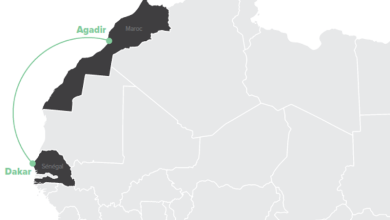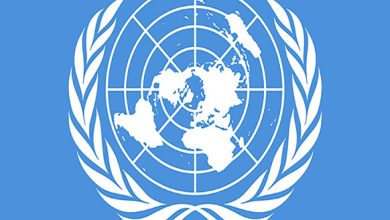Oil: falling prices after the announcement of a new increase in production by eight OPEC+ member states

This article was automatically translated from HIBAPRESS, the Arabic version:
Hibapress / Le Monde
Saudi Arabia, Russia and six other member states will produce 411,000 barrels per day, exceeding the initial plan of 137,000 barrels.
Oil prices fell again on Monday, May 5, more than 3 %, weighed down by the announcement by OPEC+ from an acceleration of production for the month of June at a time when prices are already very low.
Eight OPEC+member countries, including Saudi Arabia and Russia, will produce 411,000 barrels per day, as in May, according to a press release, while the initial reintroduction plan provided for an increase of only 137,000 barrels. In the morning exchanges in Asia, around 5 am in Paris, the barrel of American WTI plumped from 3.8 % to 56.08 dollars, when that of Brent from the North Sea lost 3.5 % to 59.17 dollars.
“OPEC+ has just launched a bomb on the petroleum market,” said Jorge Leon on Sunday, Rystad Energy, interviewed by the France-Presse agency (AFP). “After the signal of last month, today’s decision sends a clear message: the group changes its strategy and seeks to regain market share after years of cuts. This turnaround also makes it possible to “weave good relations with the United States of Donald Trump”, according to the analyst.
Shortly after taking office, the American president asked Saudi Arabia to produce more to lower the courses. The members of the Organization of Petroleum Exporting Countries (OPEC), led by Riyadh, and their allies led by Moscow, in 2016 formed an agreement called OPEC+ to better weigh on the market.
These 22 countries, mostly very dependent on the oil windfall, played until recently on the scarcity of the offer to boost prices, keeping in reserve millions of barrels. Eight member countries, which have made additional discounts, have made a more sustained effort. In addition to Saudi Arabia and Russia, Iraq, the United Arab Emirates, Kuwait, Kazakhstan, Algeria and Oman are concerned. After repeating the reintroduction of these volumes repeatedly, they launched the process at the beginning of April and now press the accelerator.





